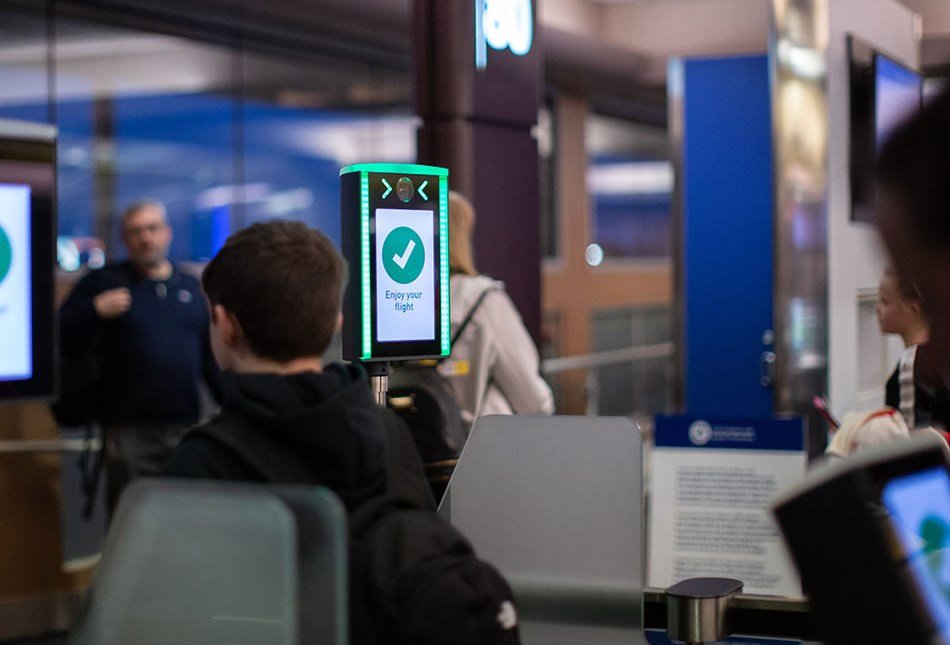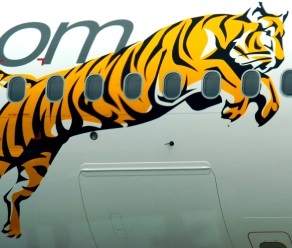SITA wields one COVID platform to rule them all
09 September, 2021
5 min read


It seemed like a COVID no-brainer: the International Air Transport Association would develop a travel pass to securely store people’s health details and the industry would adopt it as a global standard.
Of course, that isn’t what happened and there is now a plethora of health passport schemes ranging from the IATA Travel pass to CommonPass, AOK and SimplyGo as well as a collection of regional and national digital certificates.
Fortunately, industry-owned technology company SITA has developed a platform to integrate the unruly gaggle of passes and certificates so that airlines, airports and governments can deal with them seamlessly.
The company hopes its Health Protect platform will help customers avoid IATA predictions that airport wait times, previously 1.5 hours, would blow out to 5.5 hours at 65 percent capacity and more than eight hours when capacity reaches 100 percent.
READ: Passengers face huge delays when international travel resumes
Health Protect comprises a suite of solutions including SITA Health Electronic Travel Authorization, Advanced passenger processing and SITA Flex for passenger flow monitoring.
The incorporation of Advanced Passenger Processing (APP) allows authorities to decide whether a passenger is allowed to travel as they check-in and prevent those that fail to meet requirements from completing the process.
The platform was tested earlier this year on a small group of travelers flying Germany and Estonia to the United Arab Emirates who securely stored their COVID test results on SimplyGo.
The data on SimplyGo was accessed by airline and border authorizing boarding of the plane and arrival at the UAE.
APP ensured it was transmitted to the UAE government systems.
Health Protect is part of a multi-pronged approach by SITA to making travel less onerous.
Airports were already facing passenger processing problems before COVID struck due to the phenomenal growth in air travel and technology companies such as aviation industry-owned SITA were working on solutions.
According to SIA Asia-Pacific president Sumesh Patel, that problem has simply changed emphasis.
“In the past, everyone was forecasting that in the next 20 years passenger numbers were going to double and globally we’d have a challenge in terms of the resources for the airports, Patel told AirlineRatings.
“So that was a very, very big challenge.
“Now that challenge has gone away in the short term but another challenge has come up in terms of the processing time at the airport.”
Patel believes the arrival of COVID means airports and airlines need to cooperate even more closely than they did in the past.
He said technologies that could help facilitate end-to-end passenger movement and smooth airport processes included mobile devices that could be used to do many of the things that used to take place at the airport before a passenger even arrived.
“To give you an example, even in India now it’s mandatory for everyone to do a pre-check-in before you arrive at the terminal,’’ he said. “And that’s happening in most parts of the world.
“And when you arrive at the airport, your mobile is your remote control. All that you could do by touching the kiosk or whatever, you can do that on your mobile itself.
“It’s basically looking at two things. One is safety — you don’t have to touch any equipment — and secondly, it’s making things easier to manage because you’re more familiar with your own device versus other devices.”
Forming another plank of SITA’s approach are the biometric systems that were already being adopted by airports to give them smoother passenger flows as traveler numbers increased.
Patel pointed to the SITA mantra “Your face is your boarding pass”.
“It’s not that this technology has evolved now after COVID, this technology was always there,’’ he added.
“But now what COVID has done has basically accelerated the implementation.”
An example of this is Beijing Capital International Airport, which introduced SITA’s Smart Path biometric technology and has replaced multiple touchpoints with a walk-through experience that extends to boarding the plane.
The new challenge, said Patel, was how to securely handle people’s vaccination and test information while making it relatively painless to undertake multi-leg journeys.
“With COVID hitting, the fake vaccination certificate market is really growing and there are more than 1200 vendors globally who basically provide this service,’’ he said.
“We have a solution, which is Health Protect, which works with all the different governments.
“So we are basically building a platform to integrate all of these solutions to have one source of proof.”
The difficult financial situation facing many airports and airlines raises questions about their ability to afford new technology but Patel said SITA was helping there too.
One way it was doing this was by ensuring they could reuse their existing investments.
“So you don’t need to change the existing check-in desk, you don’t need to change the existing kiosk,'' he said.
“We look at how we can use the existing infrastructure and modify that to the new requirement.
“And second, on the financial side, what we are trying to do is invest on behalf of our members.
"As you know we are present in almost 1000 airports and I would say 90 percent of those airport customers prefer to have an opex (operational expenditure) model where we invest on their behalf and then recover the investment over a period of time, say five years.”
Next Article
3 min read
Virgin gets nod for Tiger deal

Get the latest news and updates straight to your inbox
No spam, no hassle, no fuss, just airline news direct to you.
By joining our newsletter, you agree to our Privacy Policy
Find us on social media
Comments
No comments yet, be the first to write one.
